India’s sinking water table: A crisis beneath our feet
Indians for Collective Action's annual fundraiser in Palo Alto this year shared its mission’s alignment with water conservation through its Ponds for Farming project.
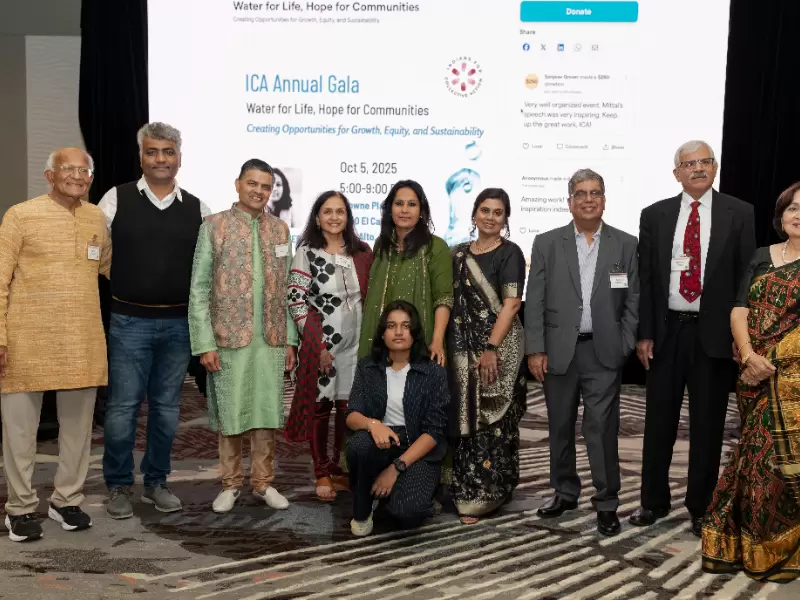 ICA partners with Indian NGOs working on issues such as rural livelihoods, women’s empowerment, and natural resource management. / ICA
ICA partners with Indian NGOs working on issues such as rural livelihoods, women’s empowerment, and natural resource management. / ICA
On Sunday, October 5th, 2025, Indians for Collective Action (ICA) hosted its much-anticipated Annual Gala at the Crowne Plaza in Palo Alto. The evening brought together more than 240 community members, volunteers, and supporters dedicated to driving social change and equity. This year’s event carried a resonant theme — “Water for Life: Hope for Communities” — shining a spotlight on one of India’s most urgent challenges: access to clean, sustainable water.
India’s sinking water table: A crisis beneath our feet
Across India, the ground is literally giving way beneath its people. Nearly 85% of rural drinking water and 60% of irrigation depend on groundwater, yet this vital resource is vanishing at an alarming rate. Over-extraction for agriculture, rapid urbanization, and erratic monsoons have turned vast regions into water-stressed zones. States like Punjab, Haryana, and Rajasthan — once celebrated as the engines of the Green Revolution — now face depleted wells and failing crops.
Even as government programs promote rainwater harvesting and watershed management, inconsistent implementation and lack of community ownership have hindered progress. Meanwhile, cities waste millions of liters daily, while rural families trek miles for a few buckets of safe water. Climate change has only worsened the crisis, shrinking recharge periods and increasing dependence on deeper, often contaminated aquifers.
Experts warn that if current trends continue, over twenty major Indian cities could run out of groundwater soon. The revival of traditional water systems, responsible extraction, and equitable management are no longer optional — they are existential imperatives. Against this sobering backdrop, ICA’s focus on water sustainability feels not only timely but vital.
ICA’s commitment to sustainable change
Founded in 1968 in California, Indians for Collective Action (ICA) has long served as a bridge between the Indian diaspora and grassroots movements across India. Through its programs, ICA empowers local communities to become self-reliant and resilient — supporting projects that address rural livelihoods, women’s empowerment, education, and natural resource management.
This year’s gala highlighted one such effort: the Ponds for Farming project, which works to recharge groundwater and support smallholder farmers in drought-prone areas. By reviving traditional ponds and promoting rainwater harvesting, the initiative sustains both agriculture and livelihoods. As ICA board member Prakash Agarwal shared, “Our mission is to connect Indian communities with meaningful, hands-on projects locally and in India — creating lasting impact through collective action.”
The evening’s energy reflected that commitment. Guests enjoyed live musical performances and a keynote address that brought the theme of hope to life.
The Mittal Patel effect: one woman’s journey from awareness to action
The keynote speaker, Mittal Patel, a civil engineer turned social activist, delivered one of the most moving moments of the night. Speaking in Hindi, she shared her extraordinary journey from Gujarat to the nation’s forgotten corners — places where nomadic and de-notified tribes live without homes, documents, or recognition.
“I was born into opportunity,” she said, “but I met people who had none — citizens of India who were invisible to the state.”
In 2005, Patel founded the Vicharata Samuday Samarthan Manch (VSSM) to restore dignity and rights to these marginalized communities. Her mission began with something deceptively simple — helping people obtain identity documents like voter IDs and ration cards. Over the years, VSSM has helped thousands secure land, build homes, and send their children to school.
Her stories — of women holding ration cards for the first time, of children learning to write their names — reminded everyone that empowerment begins with recognition. “Development is not just about infrastructure,” Patel said. “It is about inclusion. Belonging empowers people.”
Her words echoed ICA’s guiding principle: that real change grows from the grassroots, one person and one act of empathy at a time.
Youth leadership: building bridges across generations
The gala also celebrated the ICA Youth Leadership Team, a group of passionate young Indian Americans who spent their summer in India working directly with local communities. Students volunteered at Anandwan and Hemalkasa, centers known for their pioneering work in rehabilitating people affected by leprosy and supporting the visually and hearing impaired.
Their hands-on experiences — from teaching English to assisting in hospital deliveries — offered them a rare, transformative glimpse of grassroots service. One young volunteer shared, “As pre-med students, we study medicine in classrooms here. But in India, we saw the human side of healing — compassion, resilience, and hope.”
These young ambassadors personify ICA’s vision of connecting generations and cultures through service. They return not only as volunteers but as storytellers who carry the lessons of empathy and collective responsibility forward.
Collective Action for a Shared Future
Beyond the programs and performances, what truly defined the 2025 Gala was its spirit — a deep belief that every drop of effort counts. The conversations, donations, and commitments made that evening reflected a shared understanding that the challenges India faces — from water scarcity to social inequality — are interconnected, and so must be the solutions.
As the evening drew to a close, guests left inspired by the reminder that collective action is not a slogan — it’s a way of life. ICA’s decades-long journey continues to prove that when communities come together across continents, meaningful change follows.
With thoughtful discussions, cultural performances, and renewed resolve, the 2025 Annual Gala reaffirmed ICA’s vision: to build a more equitable, sustainable, and hopeful world — one project, one person, and one community at a time.
ADVERTISEMENT
ADVERTISEMENT
E Paper
Video




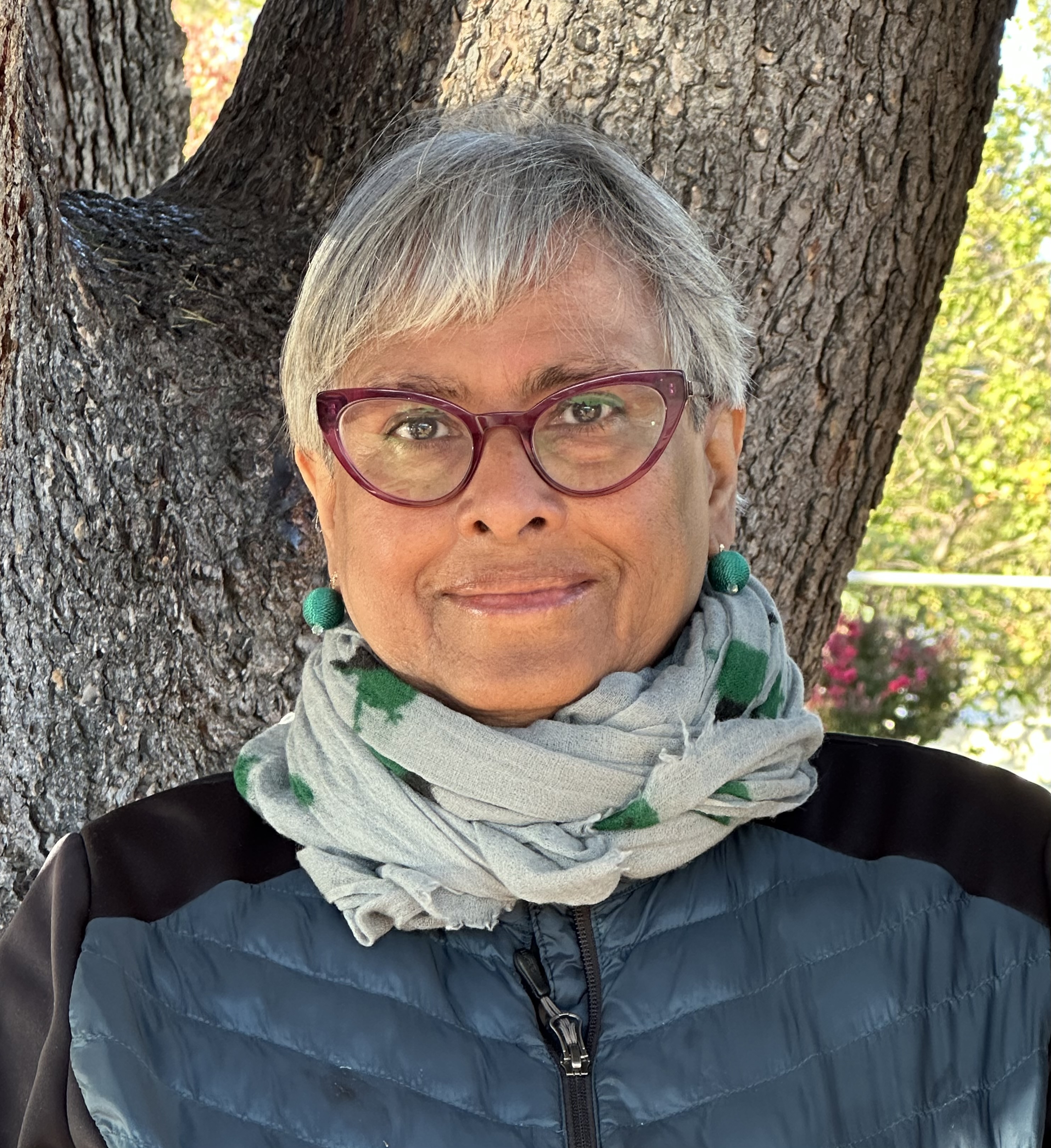 Bulbul Mankani Dasanjh
Bulbul Mankani Dasanjh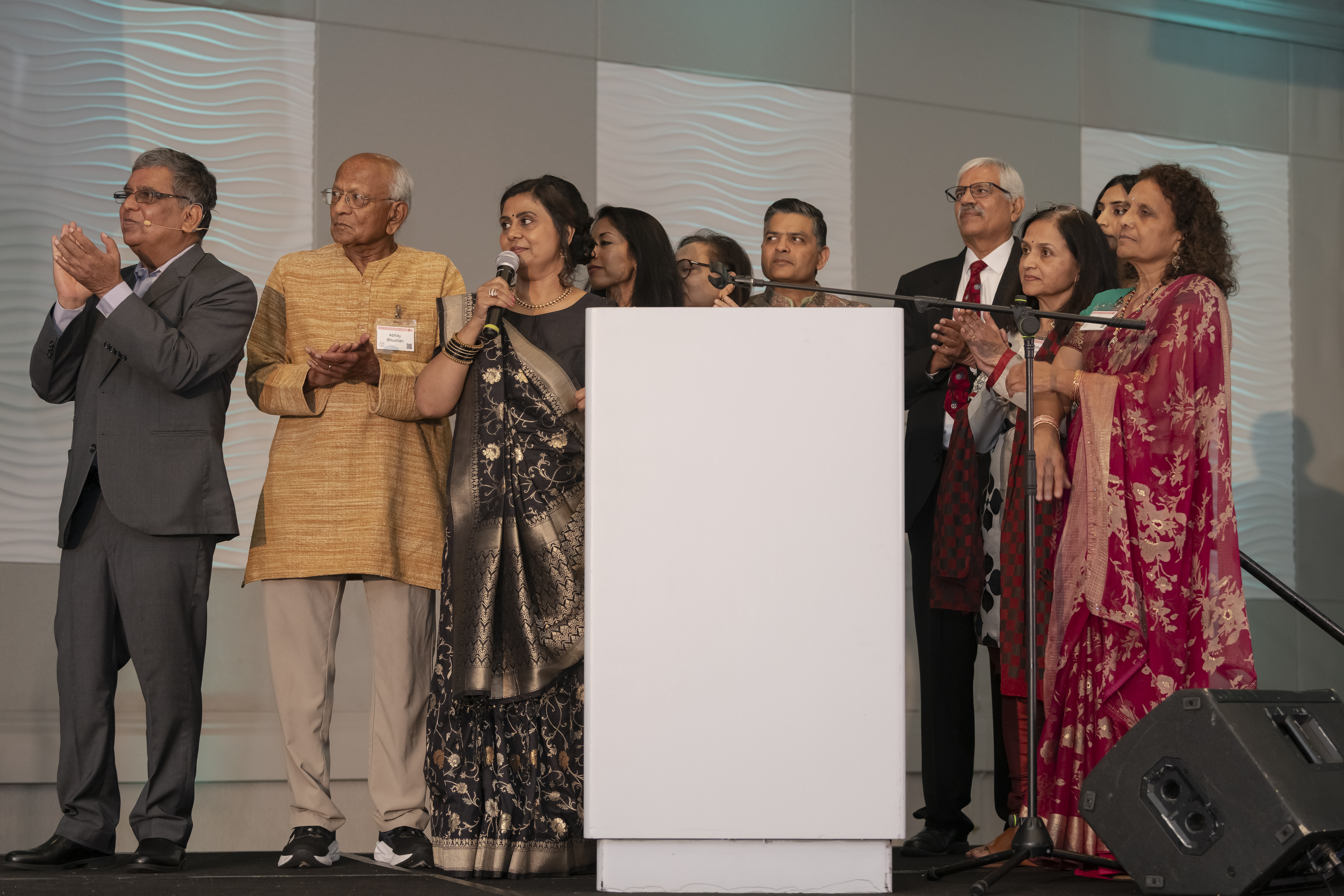
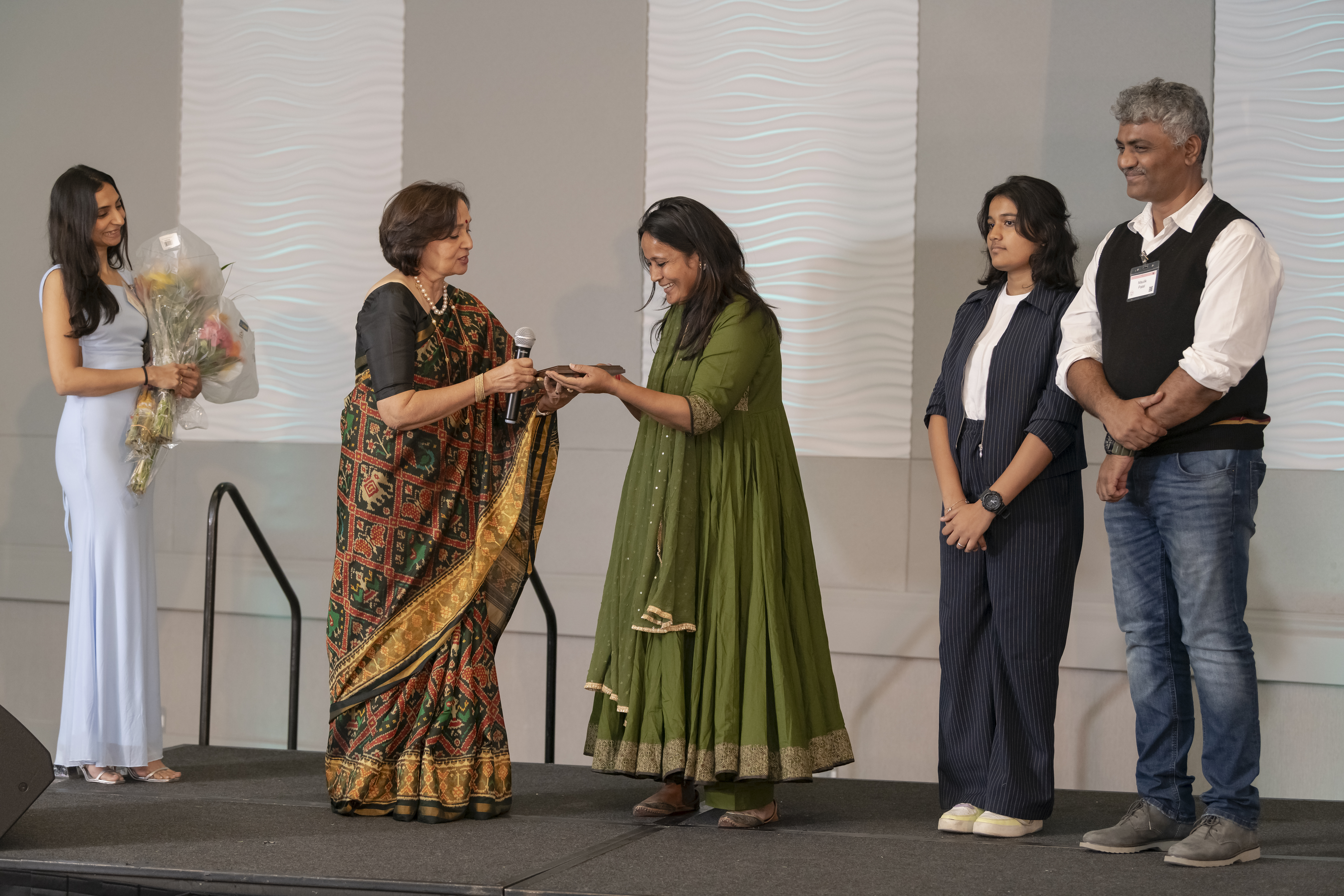
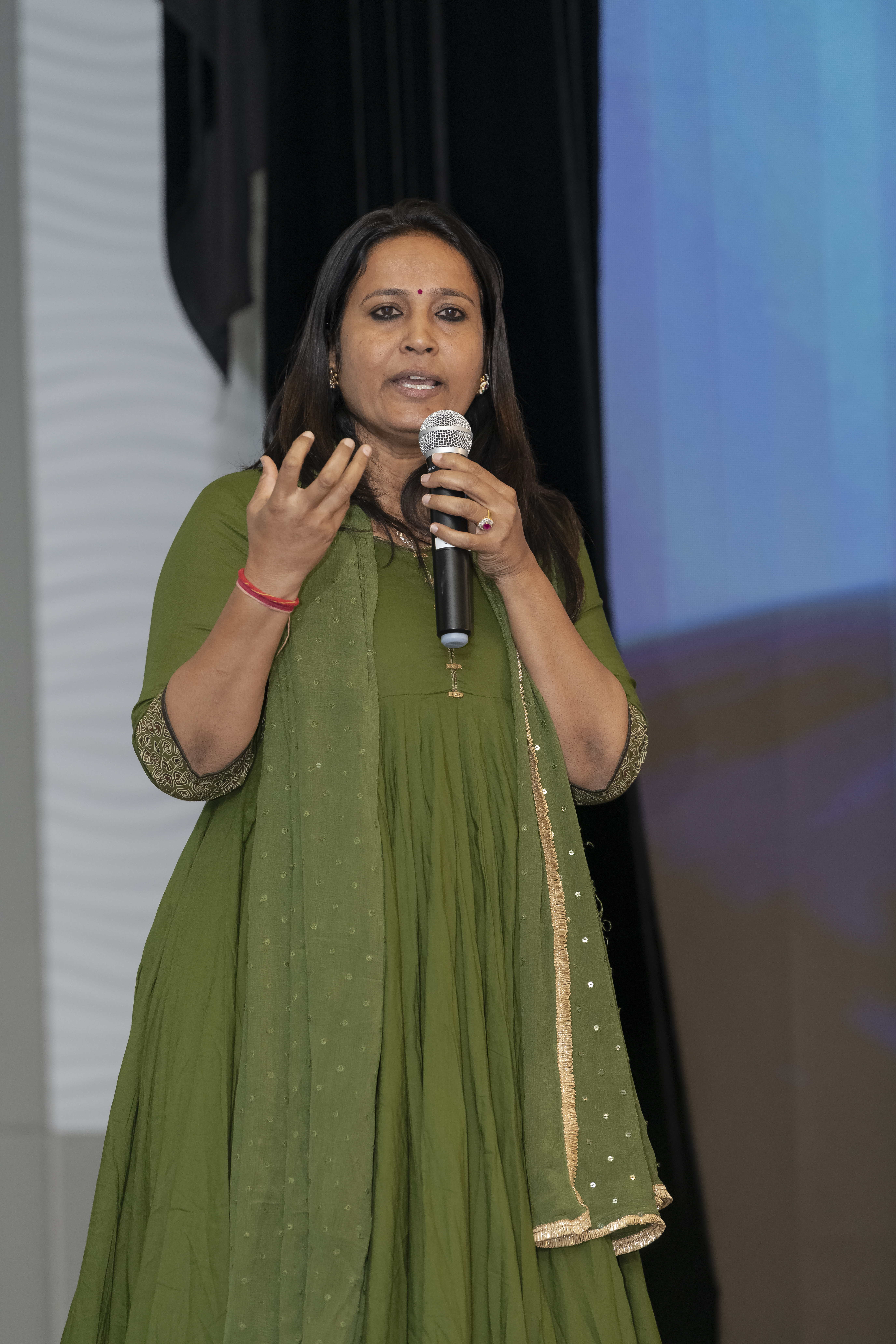
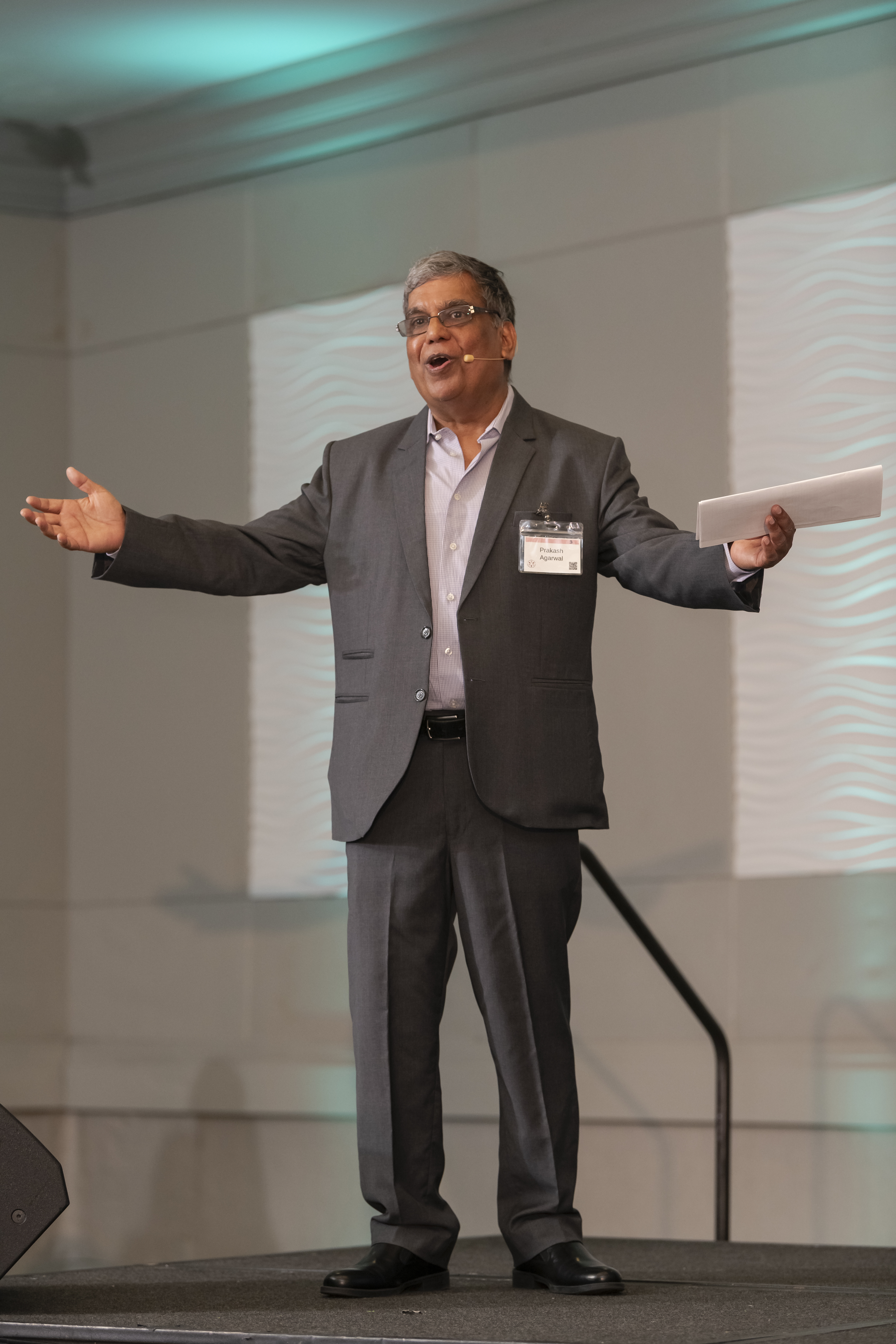
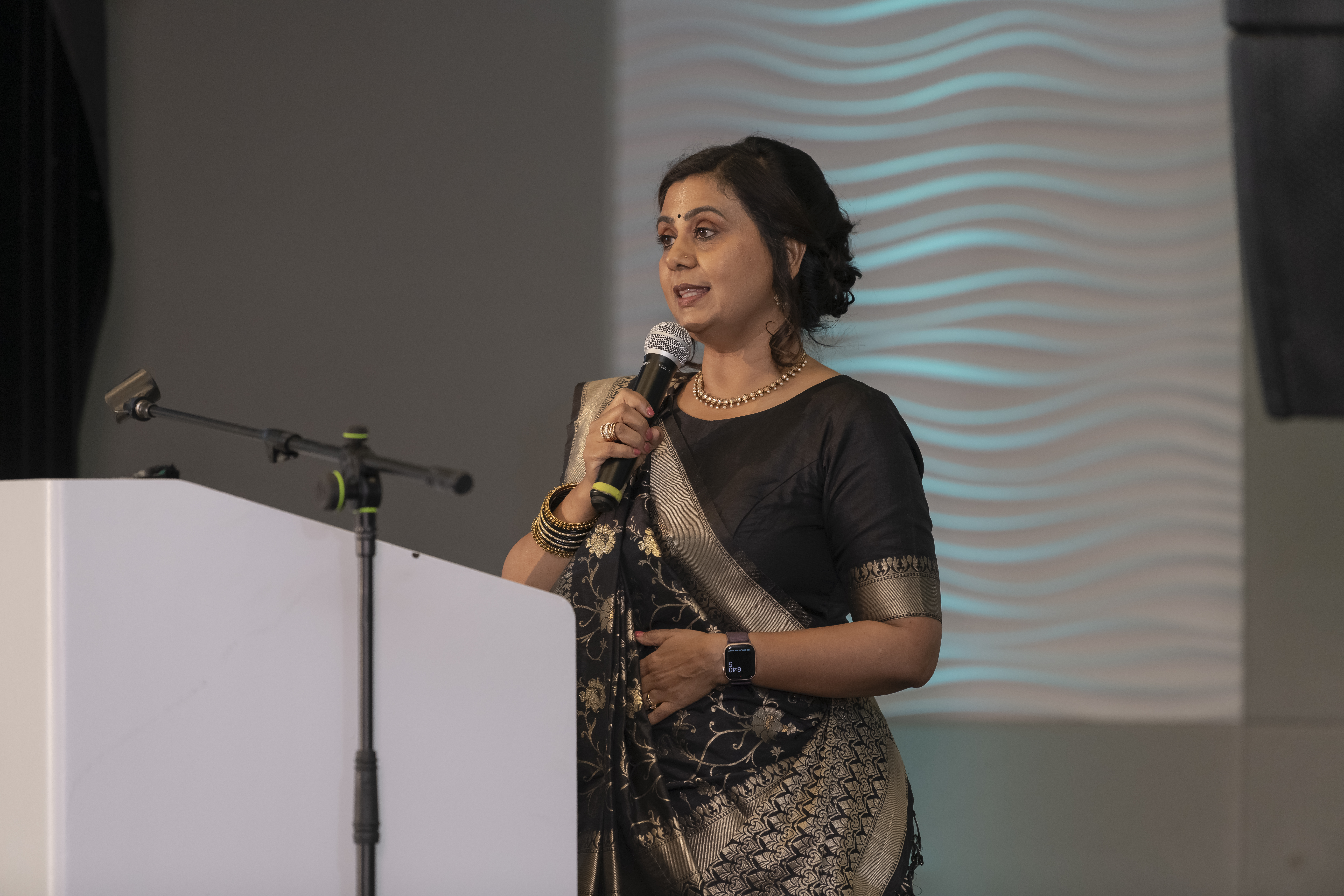
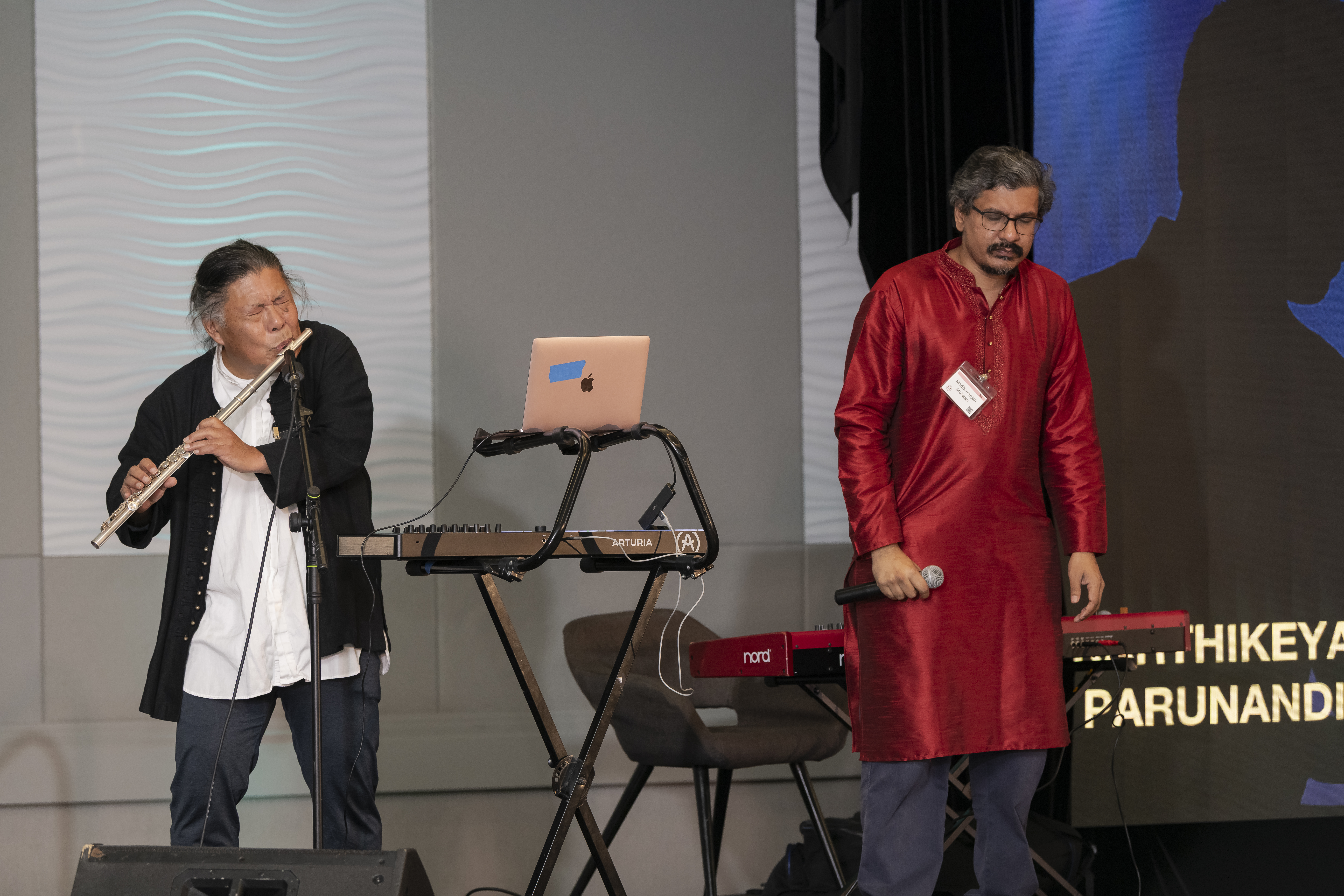
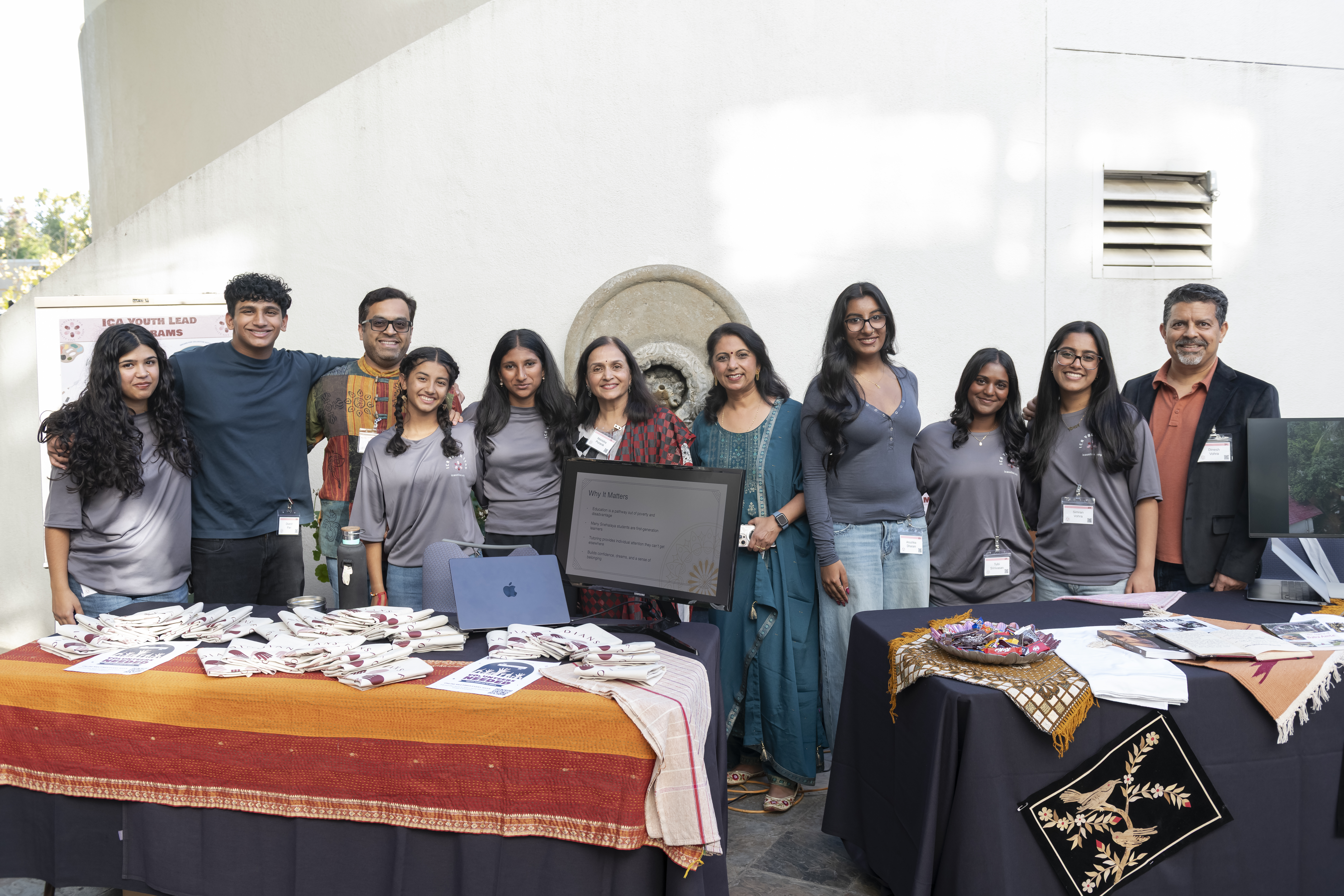
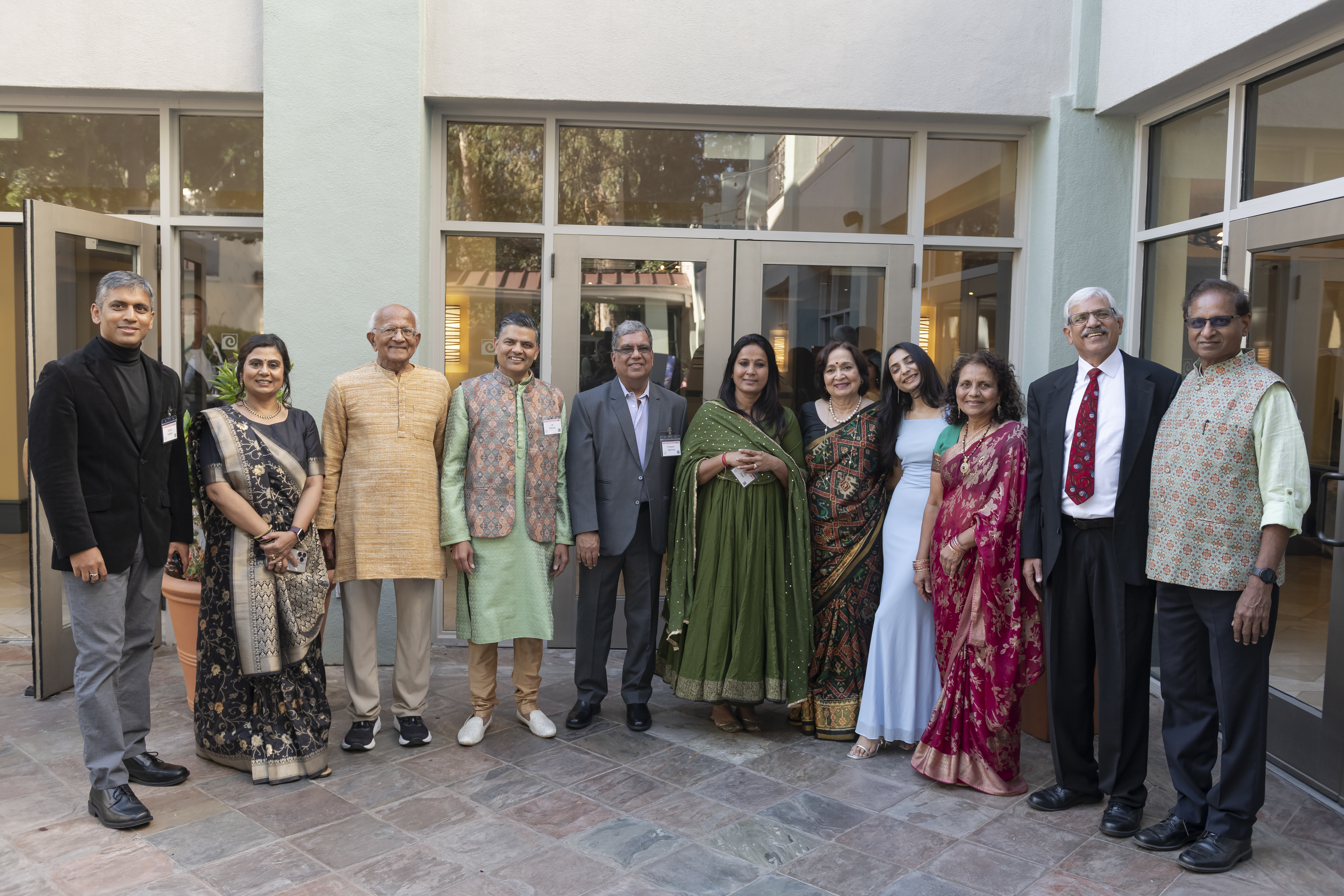
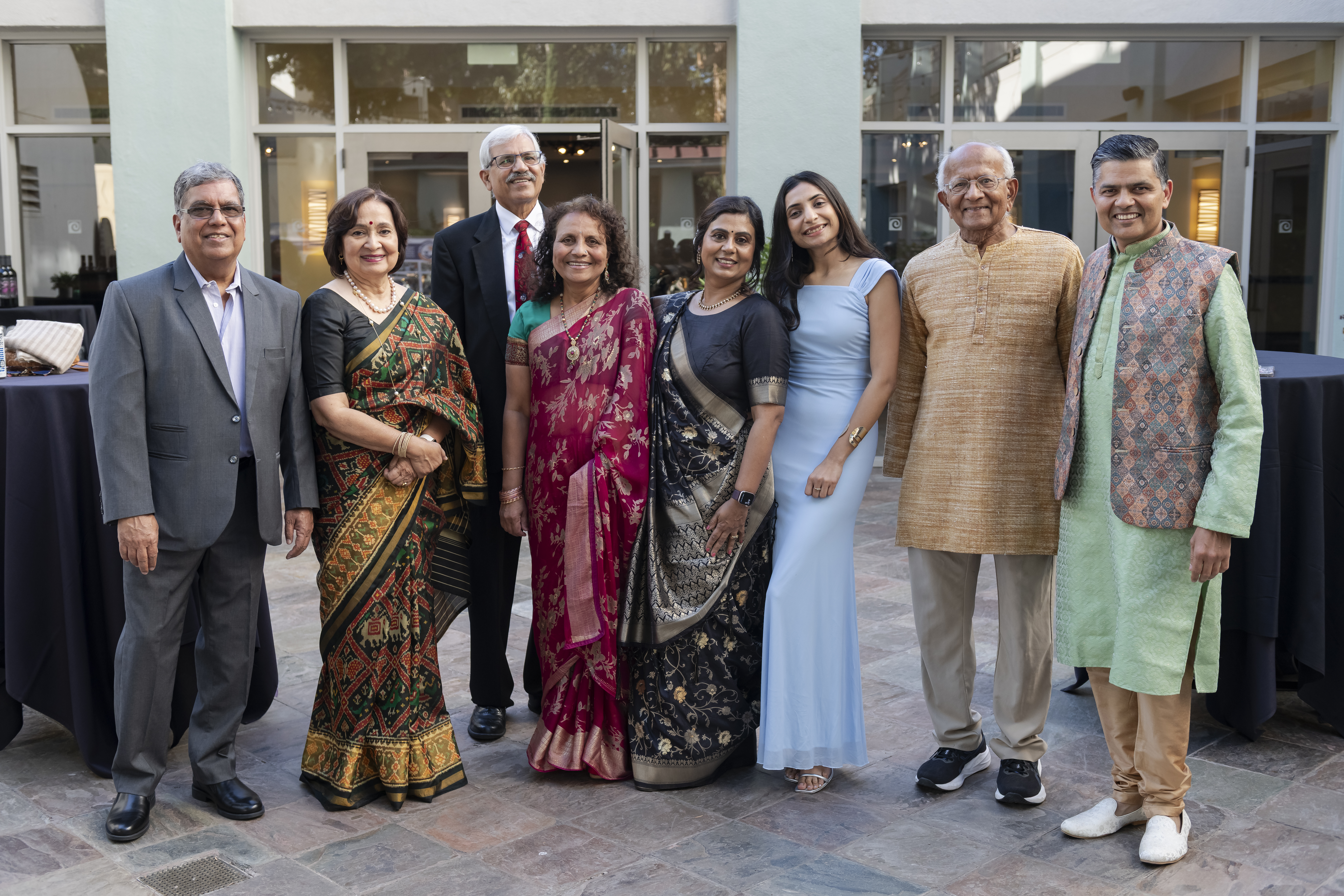
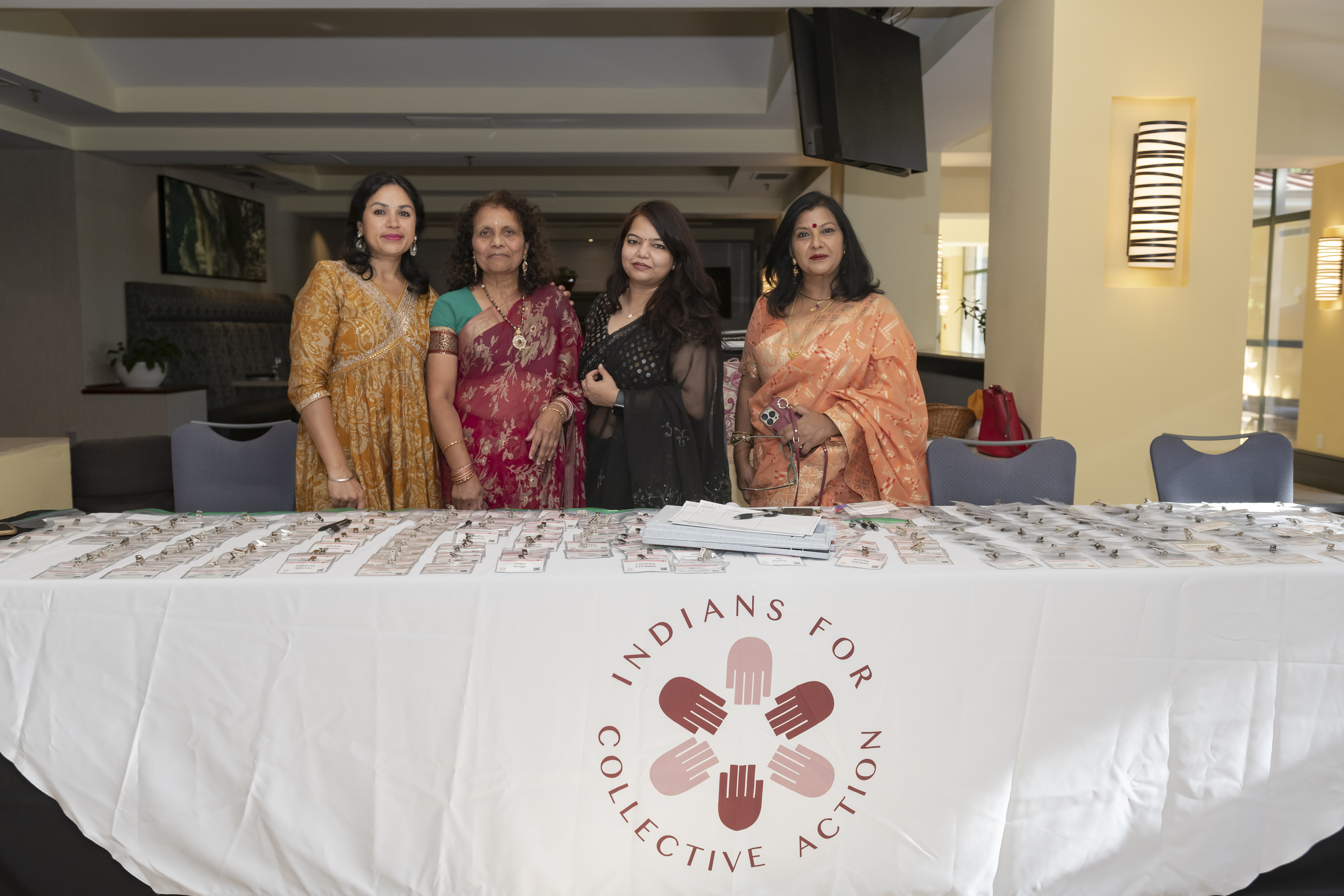
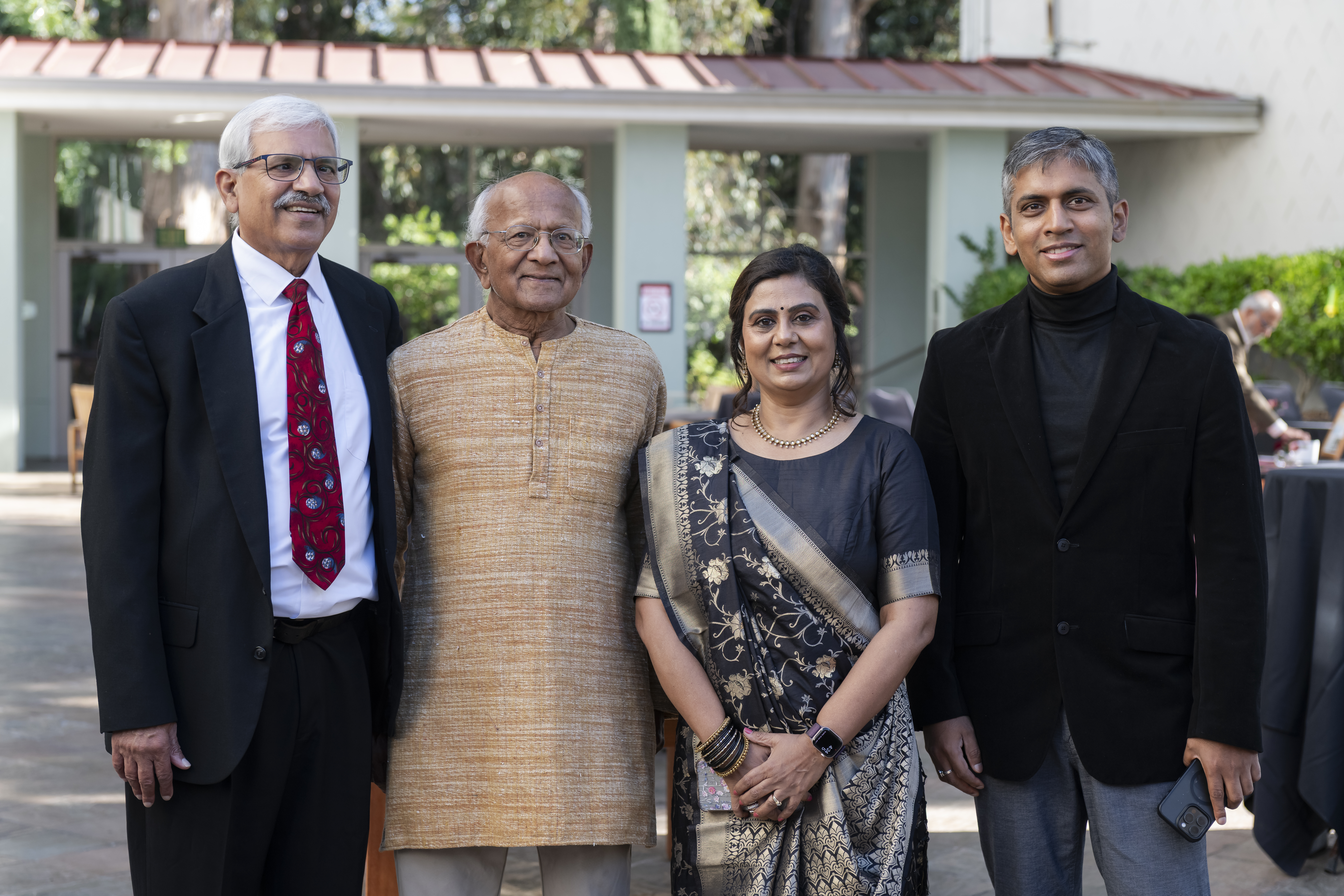
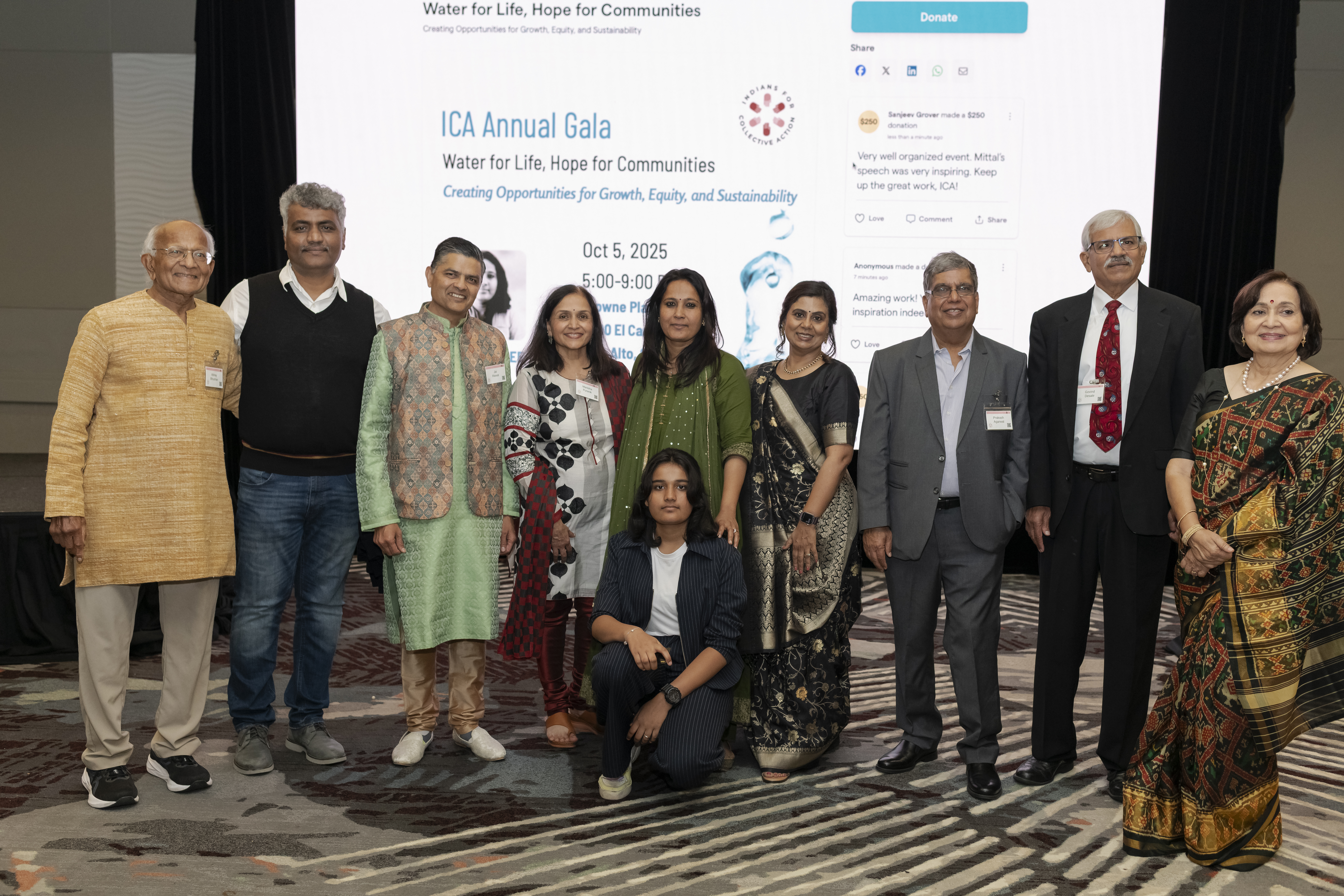
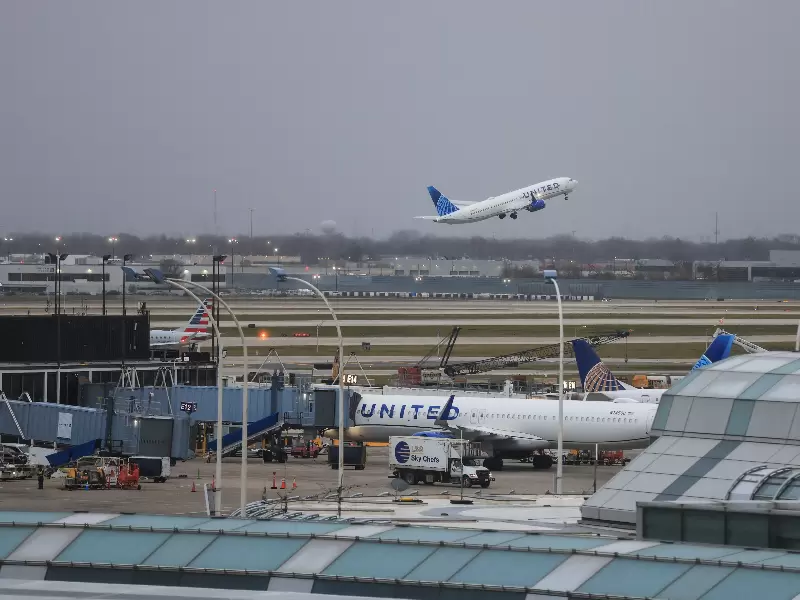
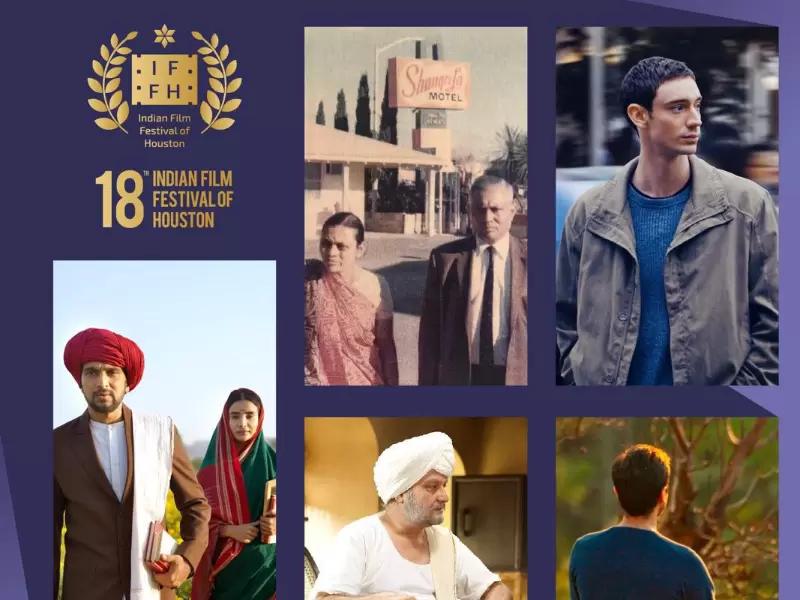
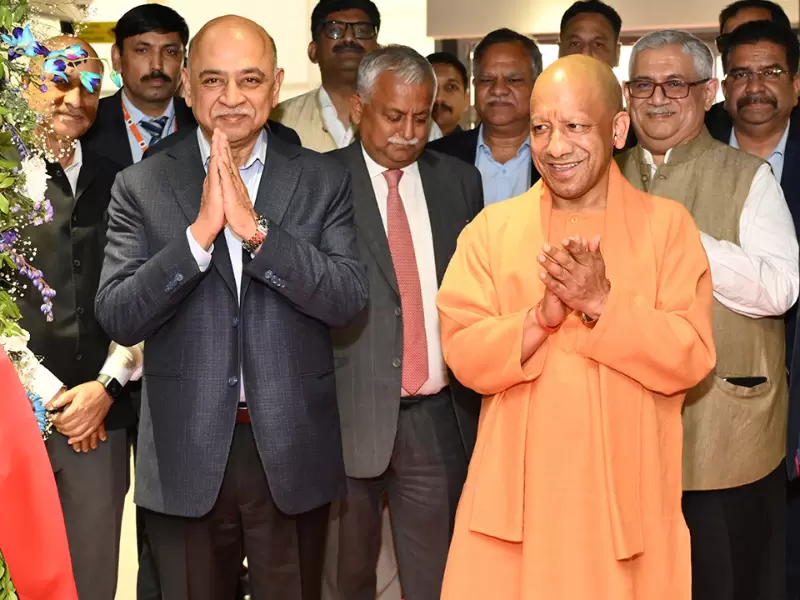
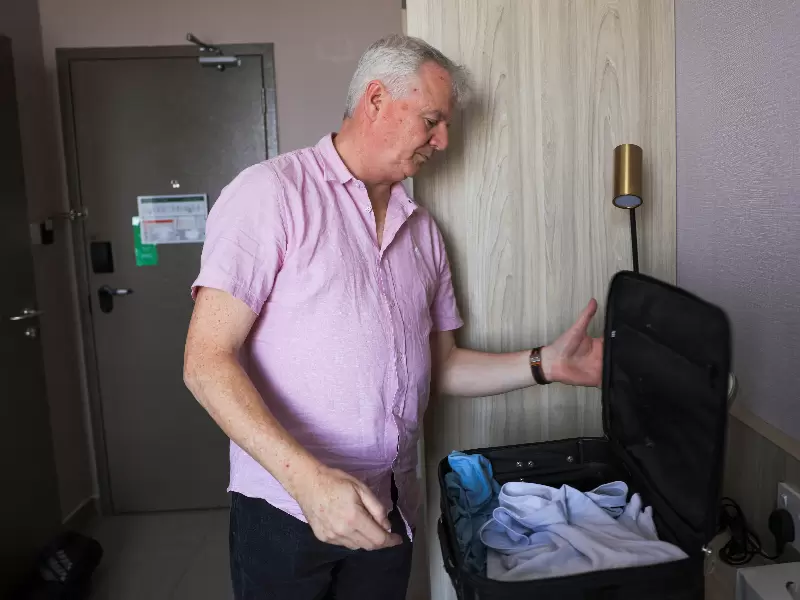
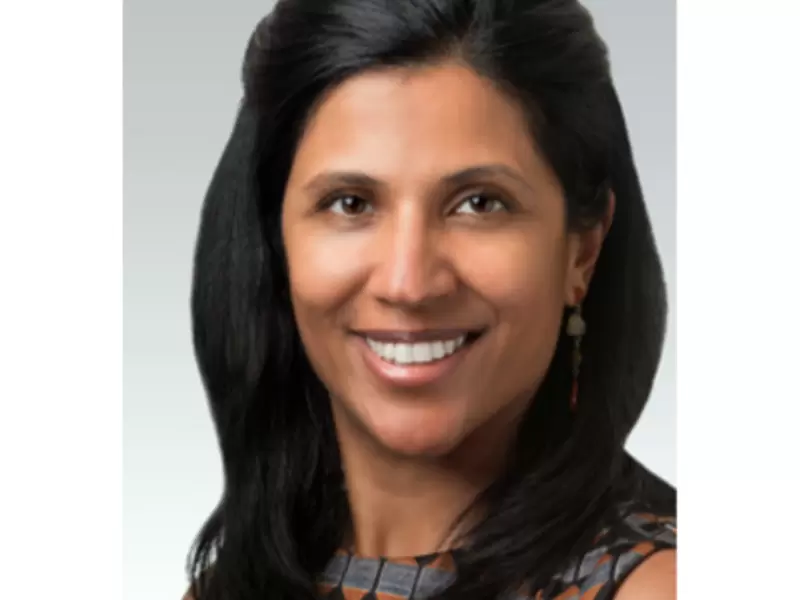
.JPG)
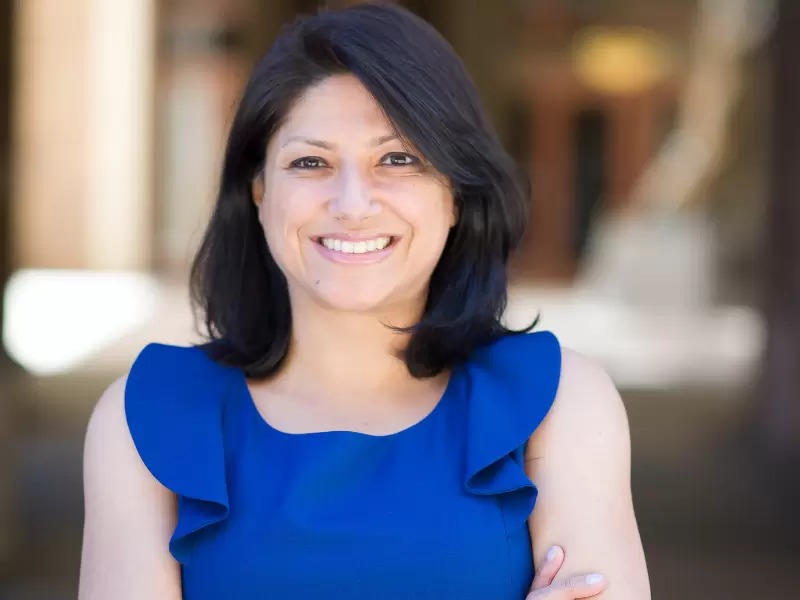
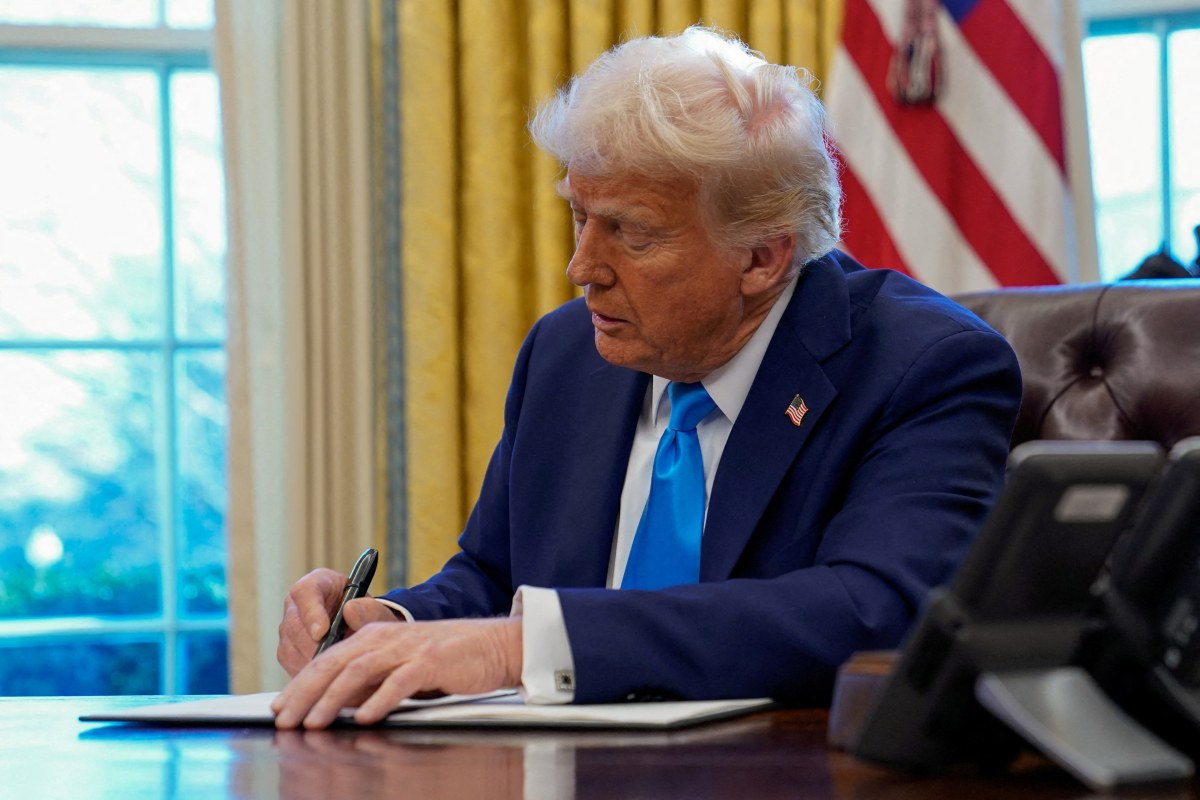
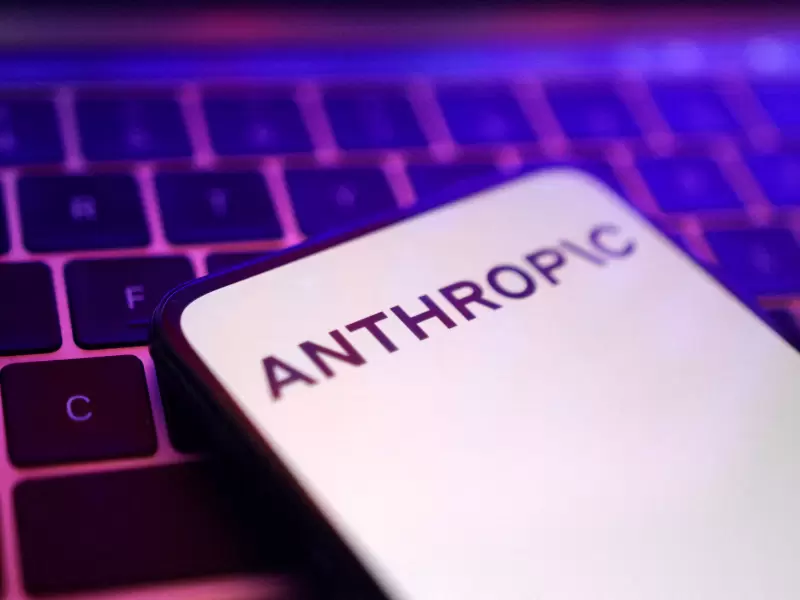
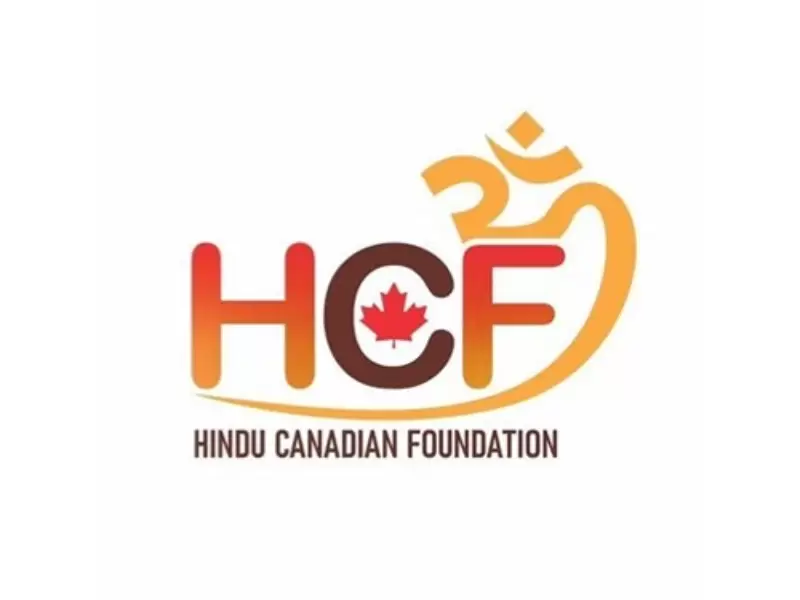
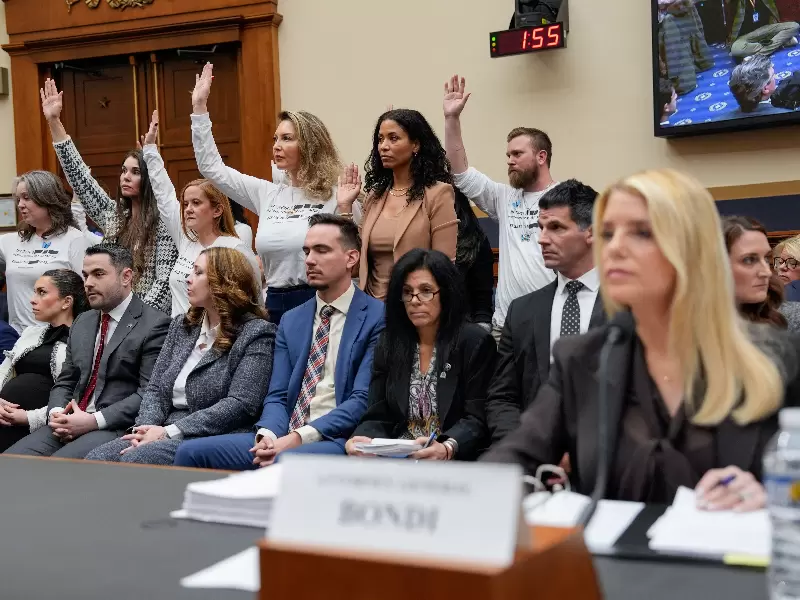
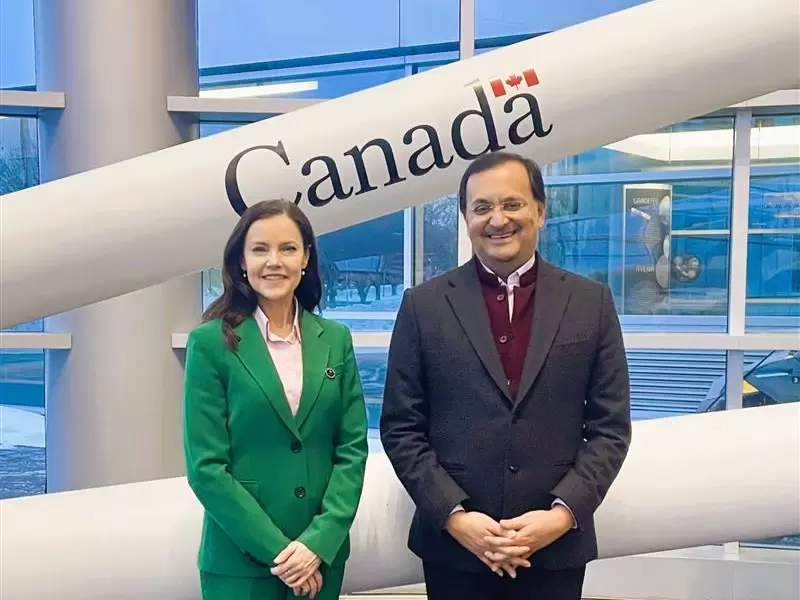


Comments
Start the conversation
Become a member of New India Abroad to start commenting.
Sign Up Now
Already have an account? Login